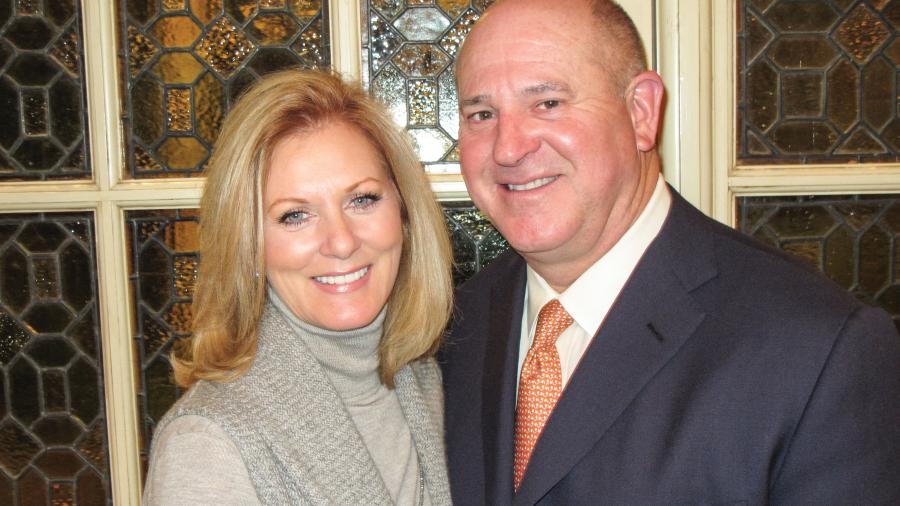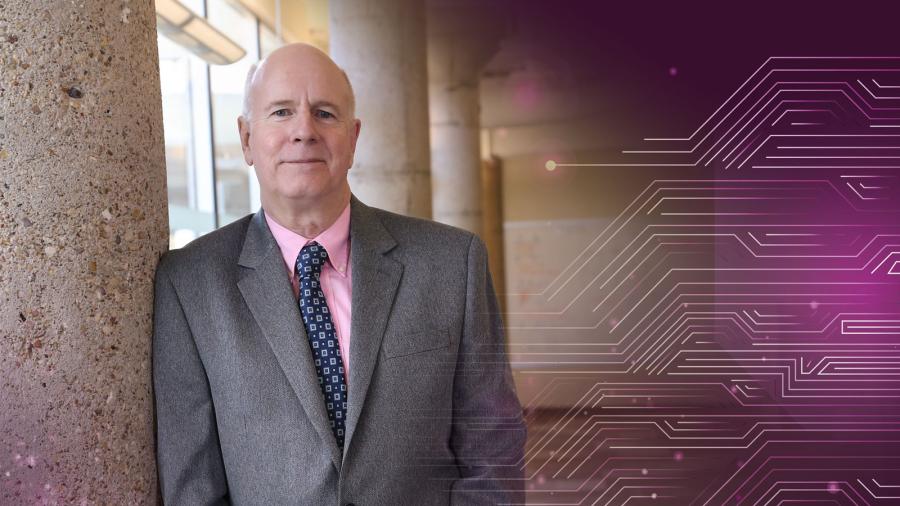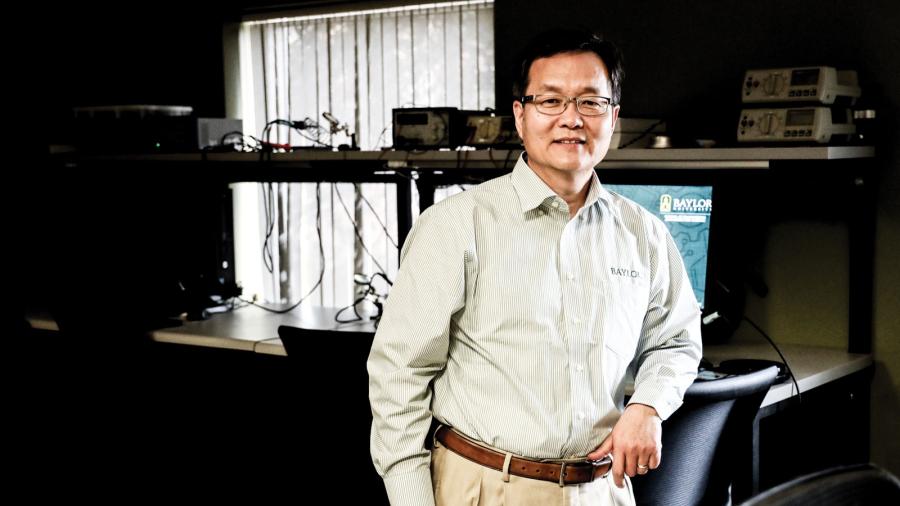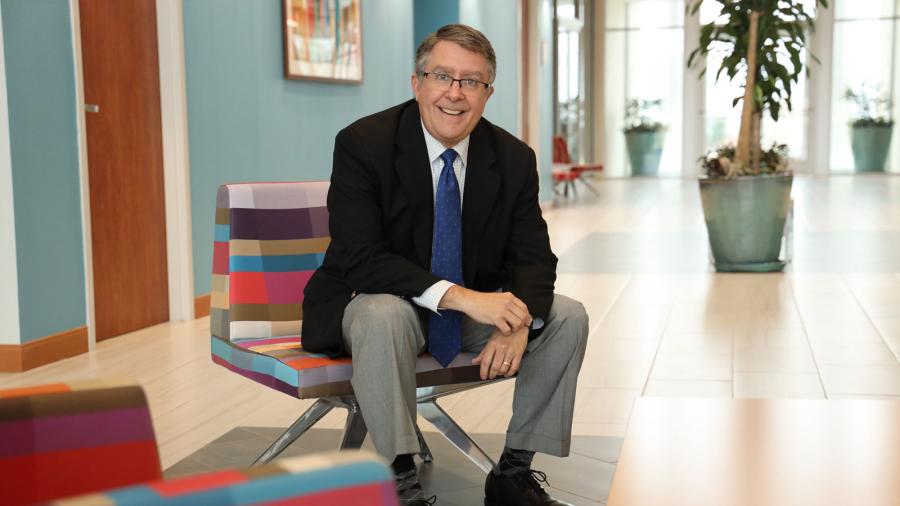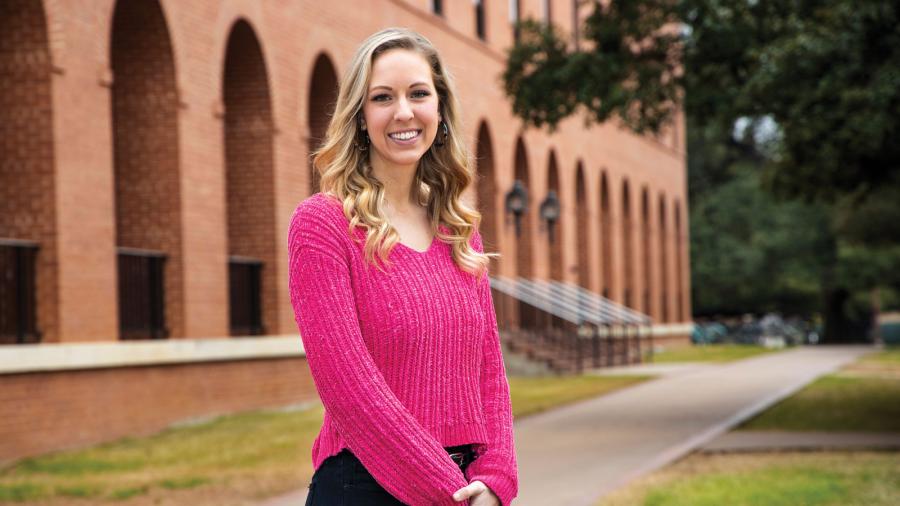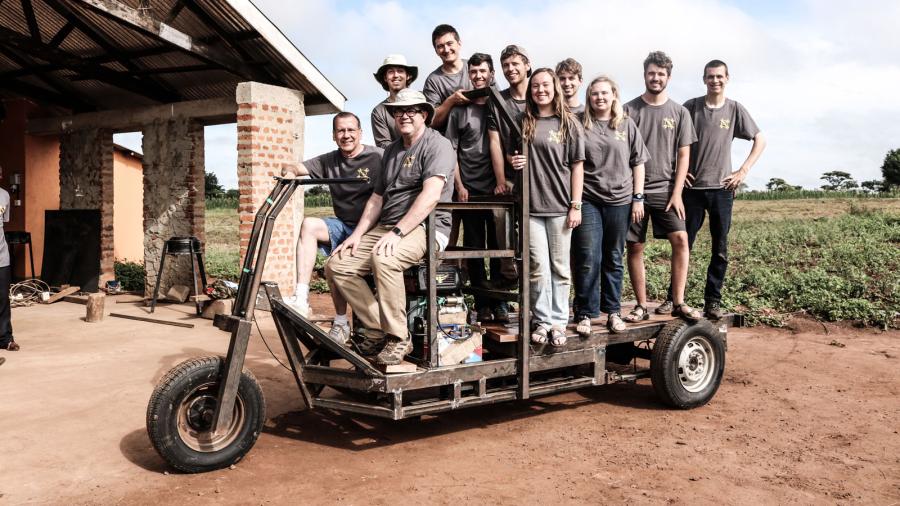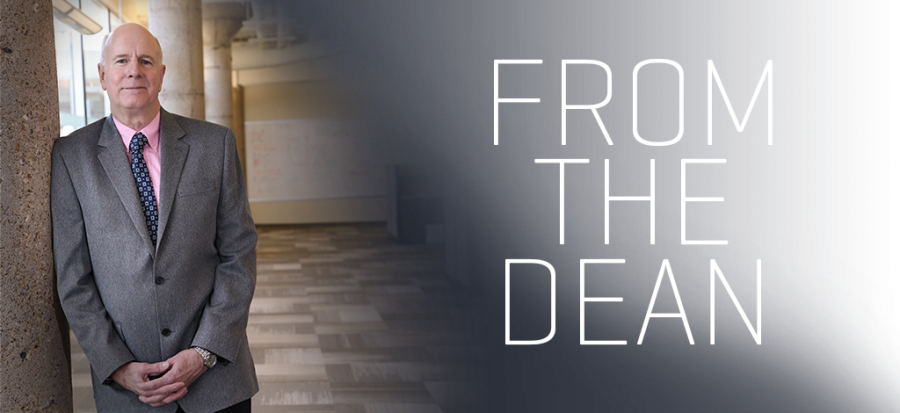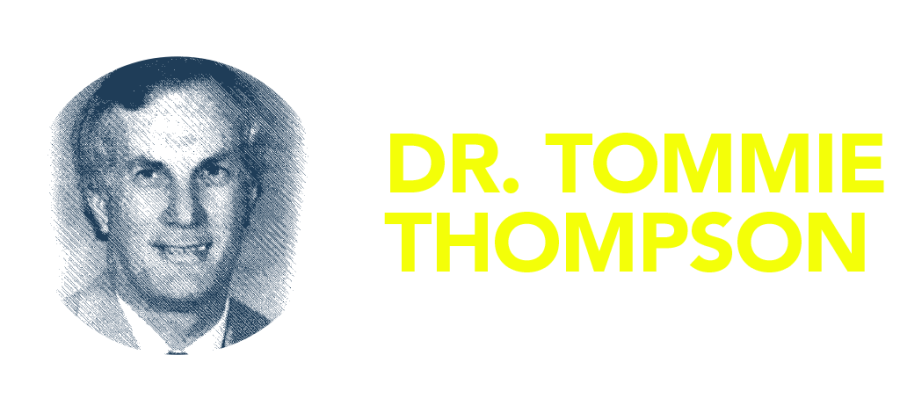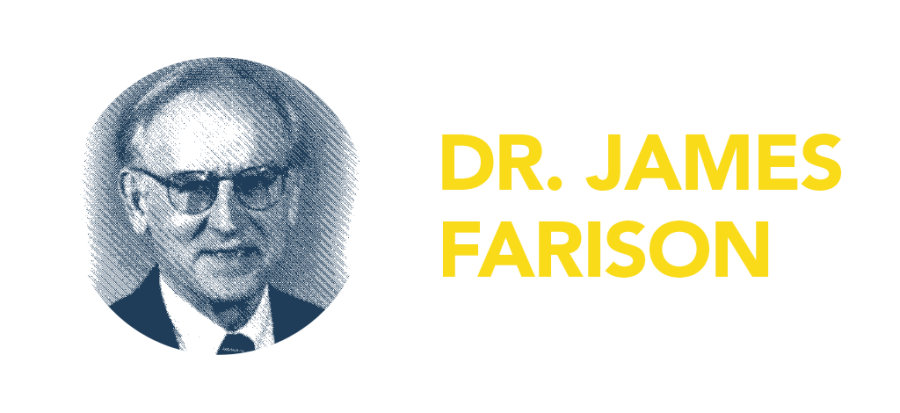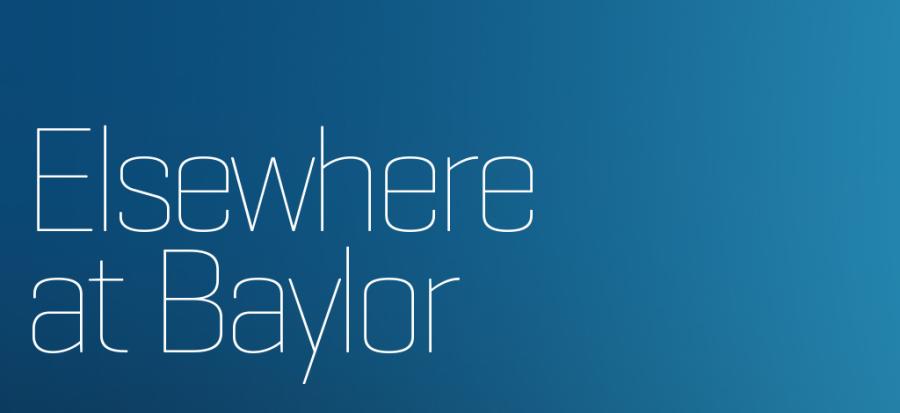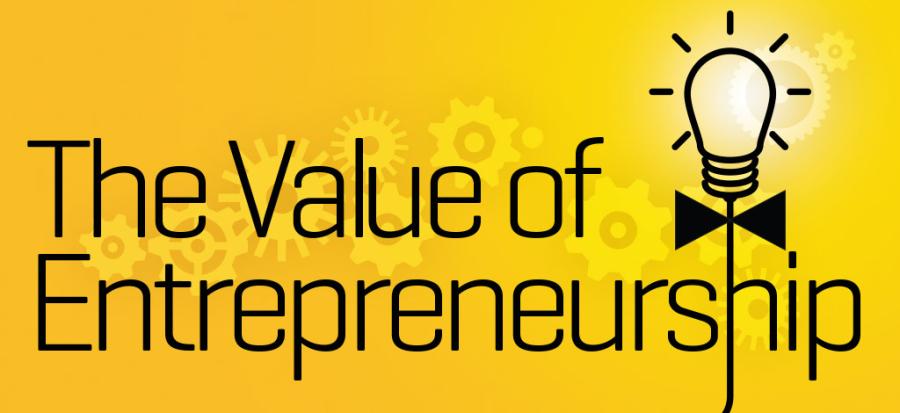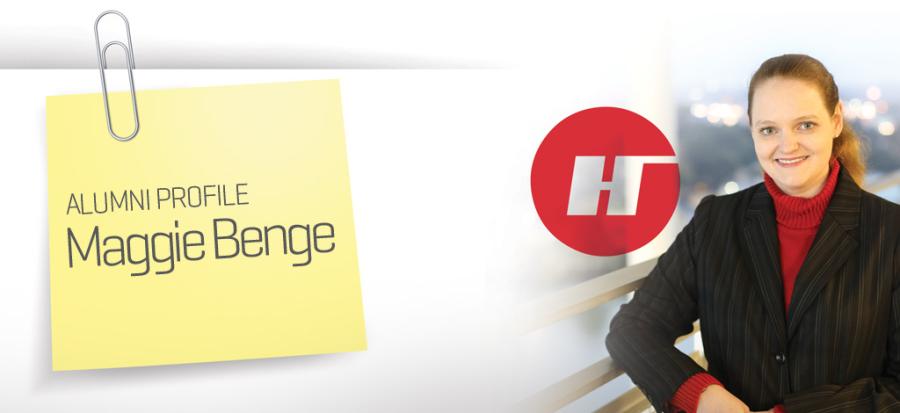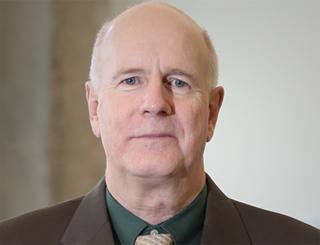News
What is the role of gaming in higher education? Matthew Fendt, Baylor lecturer of computer science, is an expert on artificial intelligence, the gaming industry, and the role of gaming and interactive digital environments in education. In addition to teaching classes like Baylor’s gaming capstone, in which students create their own video games, Fendt has partnered with professors across campus to create tools for data collection. He recently partnered with Baylor Public Health and the Family Health Center in Waco to create a decision support tool for primary-care physicians. He shares how these various threads tie together in this Baylor Connections.
The $1.5 million Mearse Endowed Chair in Biological and Biomedical Engineering, established by Bill and Tanya Mearse of Houston, Texas, will provide senior leadership for the emerging program within Baylor ECS.
In this Baylor Connection, Dr. von Jouanne examines renewable energy in various forms, particularly as it relates to transportation. Dr. von Jouanne worked on the first hybrid sport utility vehicle and partners with the U.S. Navy on electric ship development, and shares her insight on the present and future of electric vehicles.
At its regular fall meeting, the Baylor University Board of Regents approved phase 1 design and fees for the Mark and Paula Hurd Welcome Center and the Baylor Basketball Pavilion and approved design and construction fees to fit-up shared research lab space for mechanical engineering in the Baylor Research and Innovation Collaborative (BRIC).
From phishing and malware attacks to data breaches and leaks, 2019 has seen many occurrences of cybercrime nationwide. As part of October’s National Cybersecurity Awareness Month, Baylor ITS will host its third annual Cyber Day Oct. 15-16 with the popular HackFest student competition and public forum, featuring industry experts discussing cybersecurity and ethics.
The grant will support scholarships and activities for 22 students who are pursuing Bachelor of Science degrees in engineering, electrical and computer engineering, mechanical engineering, computer science and bioinformatics. ECS Scholars will participate in activities, including an orientation, a monthly seminar series and faculty mentoring.
A Baylor University researcher’s prototype smartphone app — designed to help parents detect early signs of various eye diseases in their children such as retinoblastoma, an aggressive pediatric eye cancer — has passed its first big test.
Between his rigorous course schedule and avid social life, Daunte Baccus, Baylor electrical and computer engineering alumnus, found time to establish himself as an up-and-coming candidate for the one of the world leaders in IT operations.
"We're not limited by discussions of the world here, but the world beyond this." In David Jack’s line of work, there’s zero room for error. The fruit of his expertise can often be found in airplanes and automobiles. In this Baylor Connections, Dr. Jack unpacks the field of materials science, a vital and growing realm that is one of the five signature initiatives in Illuminate, and shares how it positions the University for even greater breakthroughs.
Baylor formally announced plans to join the top tier of American research universities by pursuing the Research 1 classification.
When David Jack, PhD, was considering an offer to join the Baylor University faculty over a decade ago, the biggest selling point was growth potential.
Students and faculty who haven’t been on the Baylor University campus since May will return to find Interstate 35 alongside campus significantly different than when they last saw it.
Part of being a college student means reading long textbooks and researching complicated topics. Bioinformatics, a major created at Baylor 20 years ago in the School of Engineering and Computer Science, uses technology to analyze even larger amounts of data like human genetic codes.
From the labs of Baylor Sciences Building to the borderlands in South Texas, and all around the world, Baylor professors are conducting research that is both influential and inspirational. Soon, that work will be highlighted in a brand campaign that shines a light on the ways Baylor research is forging new pathways of understanding in health, human flourishing, sciences and more.
Professor Joe Donndelinger monitors creation of one of the exhibits used in the Top Gun X National Mock Trial Competition in the Baylor University School of Engineering 3D Print Lab.
Connally Elementary School in Waco is celebrating a new greenhouse and outdoor learning environment, thanks to the work of Stephanie C. Boddie, Ph.D., assistant professor of church and community ministries in Baylor University’s Diana R. Garland School of Social Work, and graduate students from the Baylor School of Education, George W. Truett Theological Seminary and School of Engineering and Computer Science.
Seth Emig, president of Baylor BUV and senior engineering major, said it was a dream come true for the organization to build a BUV with and for the people in Uganda.
3D printing is coming to the factory of the future. Instead of using 3D printing to model what a part could look like, 3D printing is evolving to become the part itself.
Jay D. Battershell, BA '83, MBA '96, President and CEO of McLane Intelligent Solutions, Temple, TX. Battershell serves on Baylor’s Engineering and Computer Science Board of Advocates.
Baylor University has partnered with four Department of Energy laboratories and more than a dozen universities in a research alliance to address the country’s water security issues through desalination.
Dr. Seung Kim can imagine a day in the future where early detection of major diseases ranging from cancer to heart disease will be as simple as the blood test a diabetic uses to detect low blood sugar.
Seniors in Baylor University’s department of computer science debuted a video game they developed in the program’s gaming capstone course during an open house.
The gift will serve as a cornerstone upon which growth and development of the University’s initiatives in data sciences will be built.
A MSN news article shows how humor in robots could affect society's trust in them based upon work from a Baylor University study finding "that American society has a growing population of technophobes, people afraid of one day losing their jobs to robots."
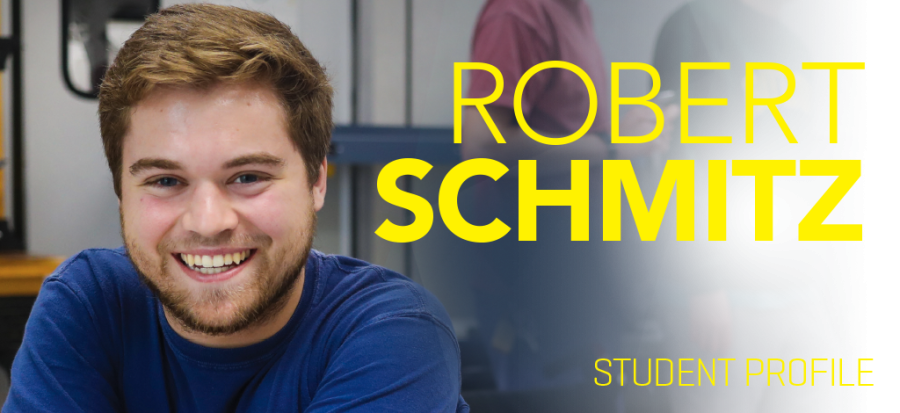
Robert Schmitz is a senior engineering student and a member of the senior design team working on Emmeline’s Child Mobility Aid.
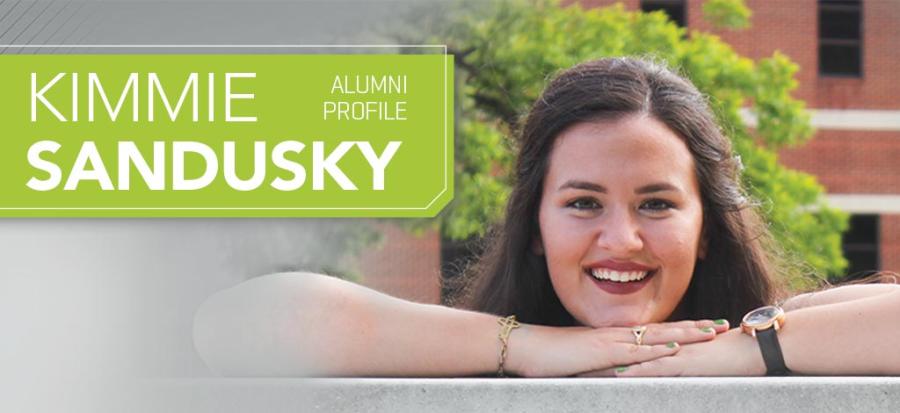
Kimmie Sandusky was the first Baylor engineering student to graduate with a concentration in Humanitarian Engineering.
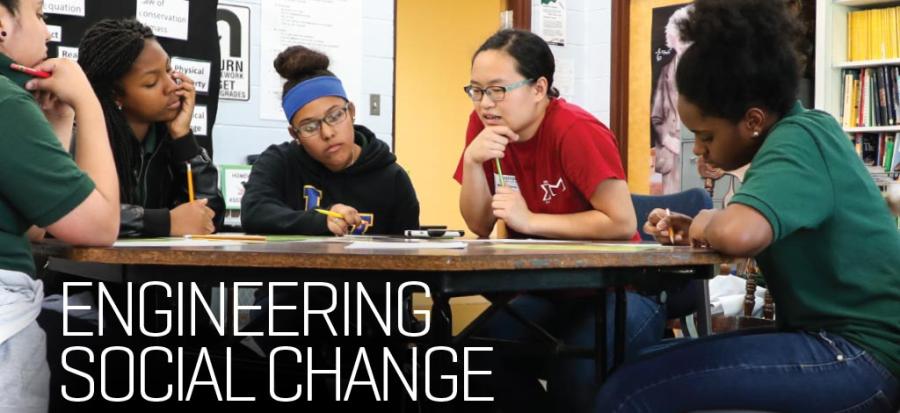
Baylor student organization, Engineers with a Mission, is focused on improving lives in underserved communities while prioritizing collaboration, sustainability and social responsibility.

When Baylor University senior James Payne saw the children involved in Antioch Community Church’s STARS Mentoring Project reading books and engaging with their mentors, he knew his behind-the-scenes work was making a difference.

When Dr. Douglas Smith, associate professor and graduate program director for mechanical engineering, came to Baylor in 2013, he brought an idea.

Students of Baylor's School of Engineering and Computer Science use their talents to help enrich the lives of children with special needs.
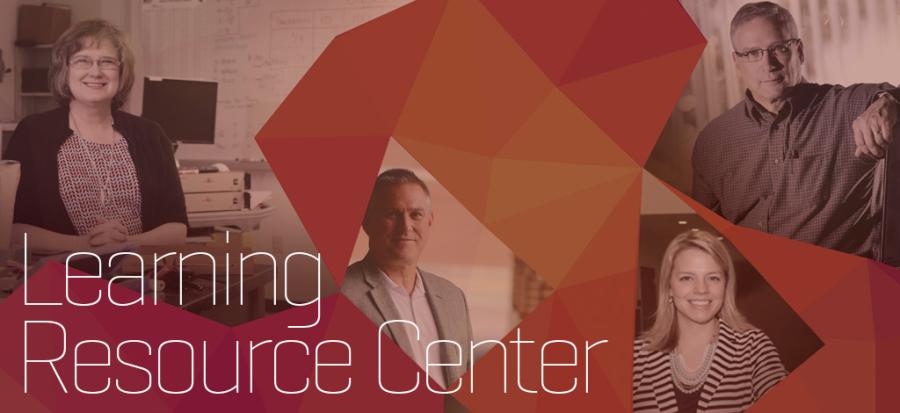
New center offers academic support and social programming for ECS students to enhance the Baylor experience.

Dr. Erich Baker and Dr. Young-Rae Cho utilize bioinformatics to work toward customized care based on patients' genetic backgrounds.

This year’s issue features some of our faculty who are working on research in the biomedical field of study.
ECS faculty members are blazing trails in collaborative research with meaningful real-world applications in the healthcare and medical fields - and beyond.
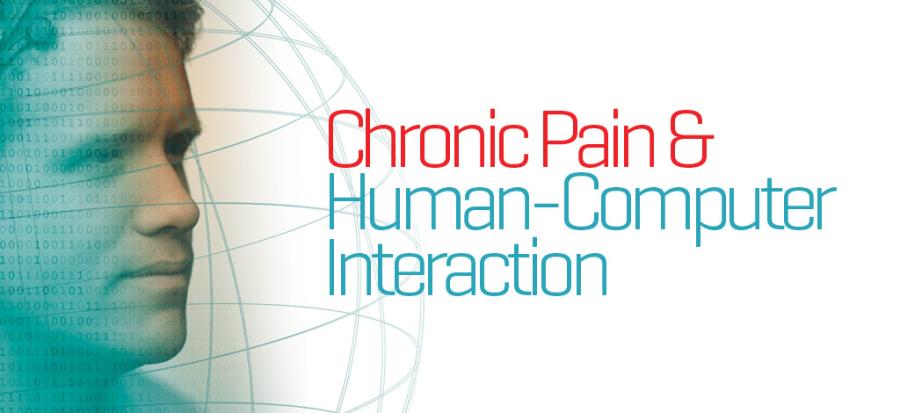
Dr. Michael Poor pioneers research to enrich tech access for chronic pain sufferers.
